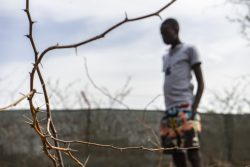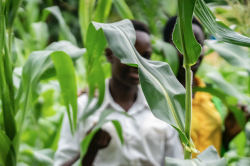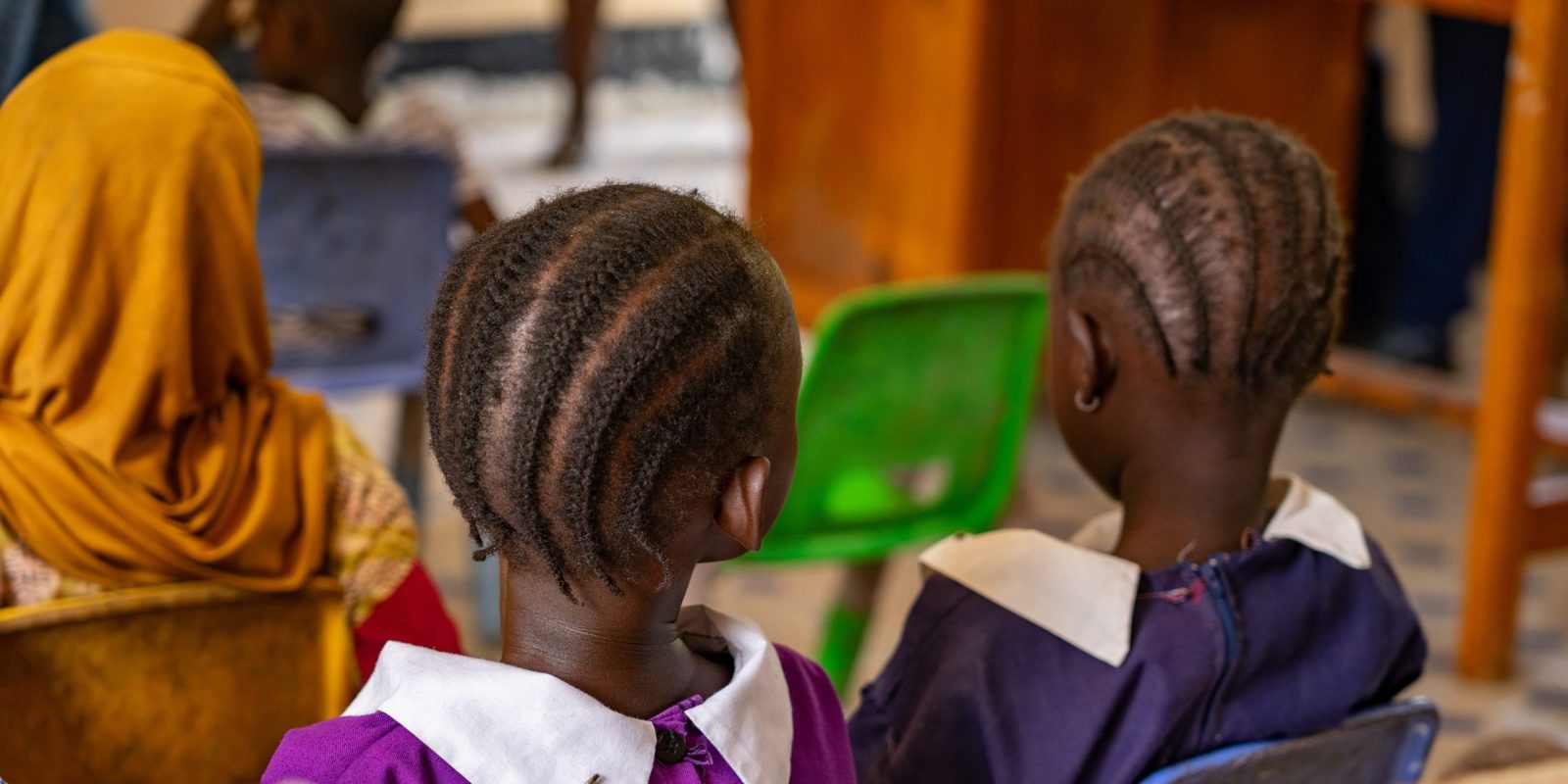
International Day for the Elimination of Racial Discrimination is observed yearly, on 21st March, as declared by the United Nations in 1966. It commemorates those who fought for democracy and equal human rights during South Africa’s apartheid, an institutionally racist system.
Seventy-six years after the Universal Declaration of Human Rights (UDHR), there remains an urgent need to eliminate racism and racial discrimination. The principle of equality involves implementing swift and robust legal and sound measures to advance equality and combat racism, racial discrimination, xenophobia, and associated forms of intolerance.
It is a distressing reality that stretches across borders: From Ethiopia to Somalia and eastern Sudan to South Sudan, vulnerable groups are forced into a perpetual cycle of displacement due to unforgiving climatic conditions and ongoing ethnic conflicts that have roiled the states for decades push people to the brink of their borders and beyond.

The intensity of these measures is undeniable. The problem is exacerbated by politicized clan identity, accessible weapons, and the monstrous of unemployed youths. This amplifies the specter of terror and despair. The combatants damage schools and hospitals, disrupting the structures and services for people who need them most. Women and children are being hemorrhaged by the faction, leaving them hollow and without a legacy; it is a destructive tool that has detrimental effects on them. The results deprive women and children of life-saving services of maternal and child healthcare, gender-based violence services, nutrition systems, and education.
In addition to internal clashes, slow and sudden-onset catastrophes, particularly those exacerbated by droughts, floods, and environmental degradation, cause resource shortages, fuel conflict, and increase humanitarian needs. These events force people to flee their homes due to harsh climatic conditions or escalating violence, triggering a vicious cycle of new conflicts and environmental crises.
Many who flee are killed in resource-related conflicts, xenophobia, and cultural divides in host communities they encounter on the way, leaving many vulnerable individuals facing discrimination and despair as they strive for a better future for their children. And for those who cross the border while close geographically, the two communities are far apart culturally and politically, casting further craters of belonging, protection, and stability.
How then, can women without bias, without disdain for those who kill, maim, and rape, speak about their lived experience of the harsh realities of discrimination and xenophobia?
The conversation around racial, gender-based, or any form of discrimination is undeniably crucial. Educating our children about these issues is necessary for their understanding of a diverse world. Parenting around adversity lies in finding the balance between enlightening them and overwhelming them with anxiety.
Forcibly displaced women speak of the never-ending discrimination and despair and navigate the hostile terrains of their hearts to know that they want the best for their children. They are mindful of how they shape their perceptions. Mothers know that life-saving protection is needed on both sides of the borders mainly, for women and children.

How then, can they give breath to something less than their life-giving legacy?
The importance is to create a safe space for open dialogue where children can ask questions, express their concerns, and share their experiences without fear of judgment. Critical thinking, empathy, and respect for all individuals, irrespective of their ethnicity, culture, or gender, are encouraged. These values are essential for creating a diverse and inclusive society; they promote understanding between different cultures and backgrounds and improve problem-solving and innovation. By equipping children with the tools to understand and combat discrimination constructively, parents can empower their children to stand up against injustice while preserving their sense of agency and optimism.
While it is necessary to prepare our children for the realities they may face, it is equally important to nurture their sense of hope, resilience, and belief in a better future. By raising compassionate children who are not only aware of societal issues but also, equipped with the courage to advocate for justice and equality with unwavering conviction, we can create a better future for all.



